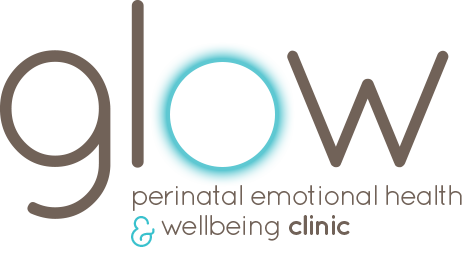The importance of supporting the entire network around a mother and infant is central to our philosophy. Mothers and infants are not the only ones affected by perinatal emotional illness. Fathers, partners, other children, parents, grandparents and friends can all be affected at this critical time of life.
We believe in supporting the important people in your life as they support you and they also adjust to the birth of a new baby.
How do I know if my loved one has pregnancy or postnatal depression or anxiety?
Negotiating pregnancy or having a new baby can cause many different emotional responses.. You may find it difficult to know if these are normal experiences or part of a more significant problem, such as postnatal depression or anxiety.
Some of the common signs of depression can include:
- a loss of interest in normally enjoyable activities
- feeling:
- numb, or in a low mood
- inadequate, like a failure
- sad, empty, hopeless, worthless
- unmotivated
- unable to cope with daily routine
- having difficulty sleeping, or excessive sleeping
- loss of appetite, or over eating
- excessive crying
- thoughts of self-harm or suicide.
Some of the common signs of anxiety disorders can include:
- anxiety, fear or worry that is difficult to control
- excessive worry about your baby’s health, or the birth
- feeling irritable, tense, restless, on edge
- experiencing difficulty relaxing and falling asleep at night
- muscle tension
- chest tightness, heart palpitations or shortness of breath
- fear or worry that stops you going out
- excessive checking on baby.
In many cases, a mixture of depressive and anxiety symptoms can be experienced.
How do I help someone with ante natal or postnatal emotional problems?
Encourage your loved one to make an appointment to see their GP. It can help to attend appointments together. Request a referral to GLOW.
We understand this can be a difficult and confusing time. We are a unique perinatal emotional health and wellness clinic of experienced clinicians and wellness practitioners that assist mothers, fathers and families with pregnancy or postpartum emotional health difficulties.
Importantly, look after your own health and wellbeing.
Do Dads get Postnatal Depression?
Yes. We know from both the research and listening to many families’ stories that dads and partners can also be affected by perinatal emotional issues, including postnatal depression and postnatal anxiety. Postnatal depression in fathers may have negative impacts on their child’s development.
Men face a unique set of changes and challenges and a new set of responsibilities as they prepare for, and become, fathers.
Fathers and partners may experience a full range of emotions including:
- great joy
- excitement
- pride
- stress
- exhaustion
- uncertainty
- difficulty adjusting to fatherhood
- depression
- anxiety
- relationship conflict
- difficulty supporting their partner.
You may experience difficulties at any stage of the process – while trying to become pregnant, during pregnancy or after your baby arrives. Your risk of experiencing emotional difficulties is higher if your partner is also experiencing problems. For example, fathers have a 50% risk of depression if their partner has postnatal depression.
Here is a link to further information about fathers and postnatal depression:
Perinatal Depression and Anxiety in Men
How does GLOW Clinic help fathers/partners and families?
We provide the same holistic, integrated, collaborative and excellent care for fathers / partners and family members, as we do for mothers by providing:
- care for your emotional health and wellbeing through GLOW Care
- individual psychology including with GLOW male perinatal psychologist Saba Elkman
- individual psychiatry support
- Father-infant therapy
- helping you support your partner by:
- seeing you with your partner
- including you in the collaborative plan
- helping you understand how to help your partner.
- strengthening relationships via GLOW Couple Therapy
- supporting families via GLOW Family Therapy.
Follow the links below for further information:
- Fathers & partners: cope.org
- What about dads/partners?: beyondblue.org.au
- Caring for someone with Perinatal Anxiety and Depression: panda.org
- Postpartum Psychosis Resource for Partners: app-network.org



